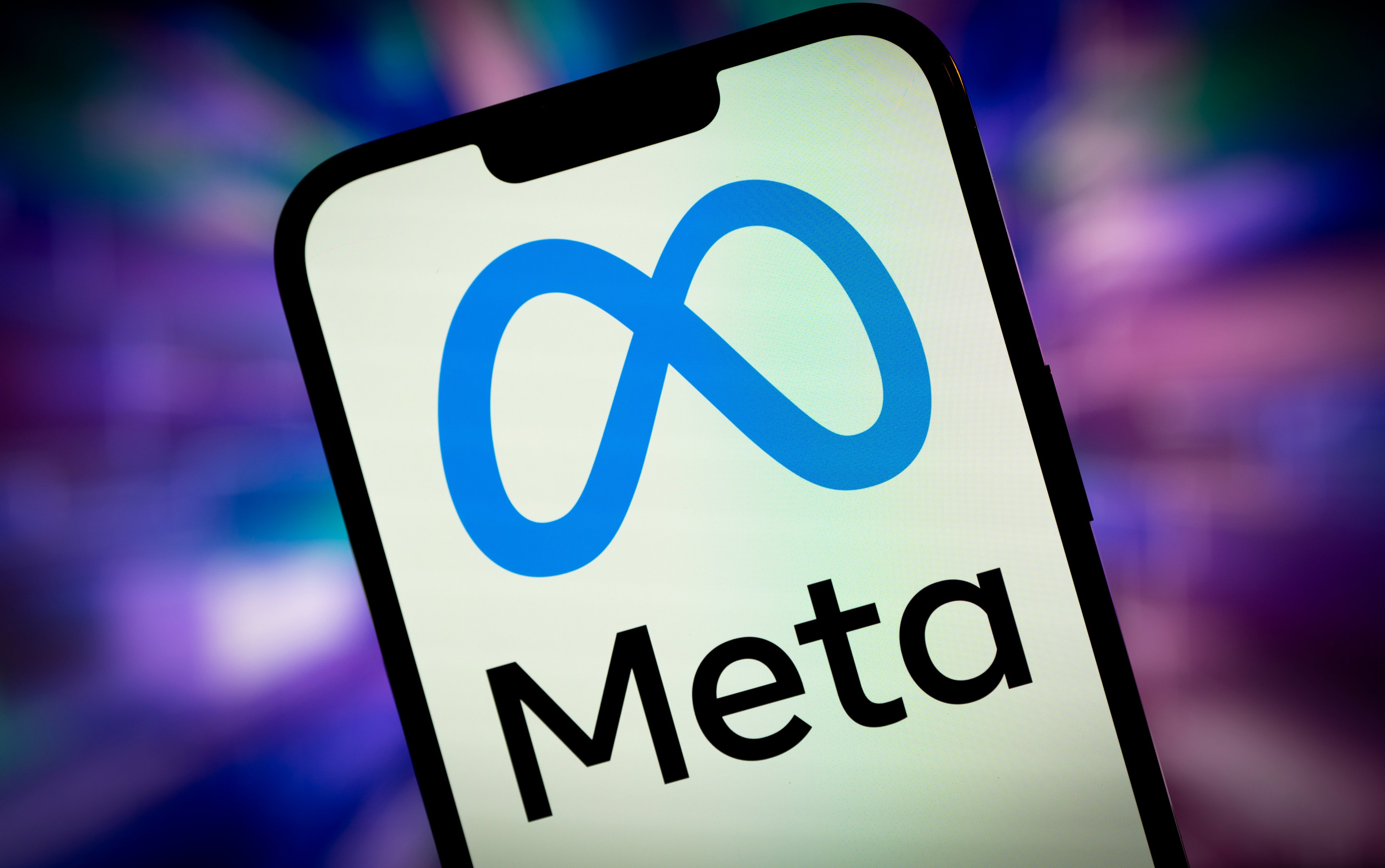Facebook's (FB +1.77%) been delivering excellent growth numbers across the board. Once again, the company's revenue has seen accelerating growth, and its EPS has been well ahead of analyst estimates. The company is firing on all cylinders, and still has many un-monetized assets in its arsenal for the future.
Stellar growth
Facebook's total user base now stands at 1.28 billion, an increase of 15% year-over-year. The number of members using Facebook every day has surged to 63% of total monthly users, and the number accessing the site from mobile devices has crossed the 1 billion mark, which equates to 79% of total users.
Facebook's top-line revenue increased 72% year-over-year to $2.5 billion, a big increase for a company the size of Facebook. The large growth in revenue was driven by the company's advertising sales, which increased at an astounding pace of 82% year-over-year to $2.27 billion. In the last quarter, mobile ad revenue made up 59% of total advertising revenue for the company.
Margin expansion
The leverage in Facebook's business model is very apparent, as the company's gross margins for five consecutive quarters ending in Q1 2014 were 82%. Facebook's quarterly average revenue per user, or ARPU, increased 48% year-over-year to $2.0, which is a very strong number considering the company's global reach. As a result, Facebook's operating income increased 188% year-over-year to $1.08 billion, which points to a robust operating income margin of 43%.
Facebook's diluted EPS increased to $0.25, a big increase from Q1 2013. The company is generating healthy amounts of free cash flow; in the last quarter, free cash flow stood at $922 million. In spite of making long-term investments in acquisitions such as WhatsApp and Oculus, the company still has $12.6 billion of cash on its balance sheet.
The strong acceleration in ad revenue and total revenue in the last quarter was driven by 118% year-over-year increase in price per ad, thanks to more ads on Facebook's News Feed, but the company's total ad impressions declined by 17%. The company is displaying fewer ads, but at much higher prices.
Long-term bets
Facebook is taking longer-term bets on its portfolio of the acquisitions. Mark Zuckerberg stated that Instagram has reached 200 million monthly users in the last quarter, but monetization isn't a short-term priority for the company.
The company is also expecting WhatsApp to grow a lot more in the future before monetization is a key consideration for the company. WhatsApp's user base is expected to rapidly grow to as many as 1 billion worldwide users, as the cross-platform communications app is very popular outside the U.S. WhatsApp recently exceeded 500 million active users, and is likely to remain a free service for a long time before it is fully monetized.
Oculus is a long shot and can potentially grow the company's revenue and cash flow in the distant future. The company has started making large, moon-shot bets like its Internet peer, Google (GOOG 0.68%). The search giant has made experimental shots a part of its company philosophy, and some of those acquisitions, like YouTube and Android, have been major home-runs for Google, leading to big contributions in revenue and earnings per share as well. So Facebook's over-sized acquisitions might pay-off handsomely in the long-run.
Monetization is working
Facebook's games and payments have done well for the company, generating more than $3 billion in gross payments volume in the trailing twelve months, and Facebook's share stood at $910 million. Facebook's mobile monetization is clearly working, and the company disclosed that App Install ads have led to more than 350 million app installs since inception, and have been a top-performing product.
The company intends to make ads on Facebook very similar to the organic content on its platform, thus making the site more user-friendly and in the process, generating more value for marketers. The company has in excess of 1 million advertisers, and is increasingly making it easier to for small and-medium sized businesses to create personalized, effective ads.
Going forward
As consumers spend more time on digital and mobile instead of TV, more ad budgets would migrate to these channels, making Facebook a beneficiary of this secular shift. The company has a number of products that are gaining consumer usage, and will be monetized in the future. Monetizing users of Instagram is in its infancy, and can make significant contributions to Facebook's revenue in the future.
In addition, ads on auto-play videos, as well as graph search, are likely to be key drivers of Facebook's top line revenue in the next few years. When all these assets are fully monetized, they will fuel the company's future revenue growth, driving further upside in Facebook's stock price.








